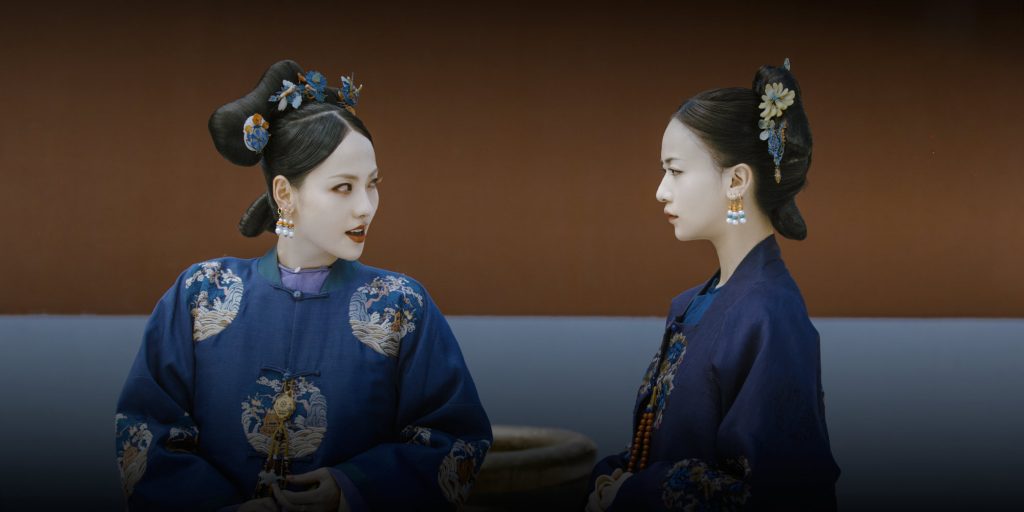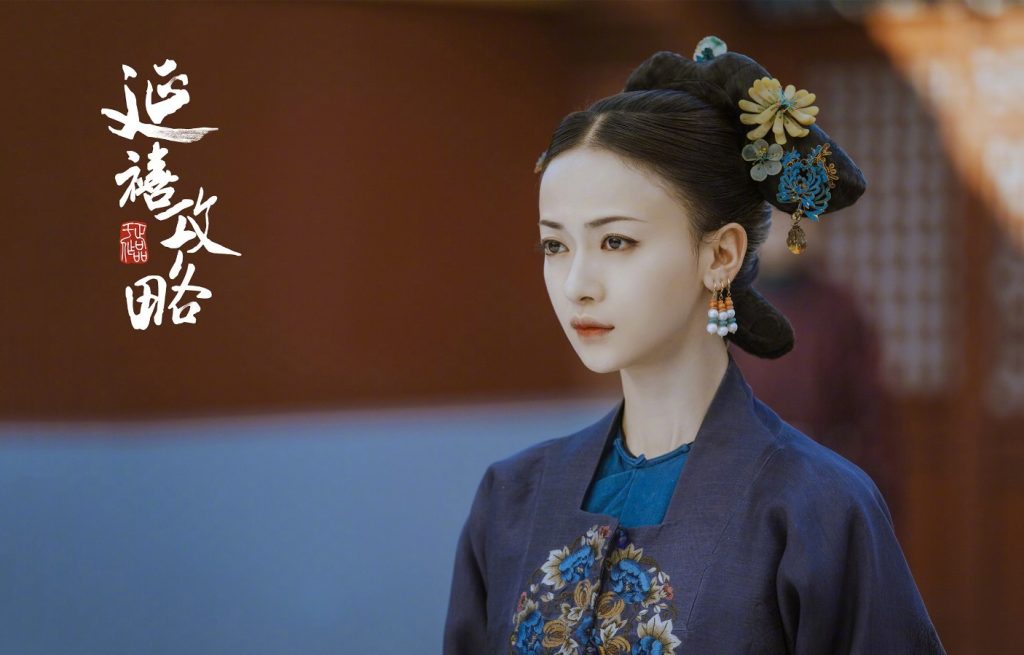Shows like “Story of Yanxi Palace” empower Chinese viewers frustrated with their own lives, if only for the length of an episode.
It’s not even October, but already the 70-episode Chinese soap opera “Story of Yanxi Palace” is poised to be one of the biggest Chinese pop culture phenomena of the year. Since its first episodes were uploaded to the Chinese streaming platform iQiyi less than three months ago, the series has drawn more than 15 billiontotal views, making it one of the most-watched TV shows in Chinese history.
In terms of content, “Yanxi Palace” is typical of the sudsy Chinese genre known as “palace dramas,” which has origins in the 2004 Hong Kong TV series “War and Beauty.” As the name suggests, palace dramas are generally centered around the vicious court struggles of imperial China, and set against lush, opulent backdrops. Although this description may call to mind Western dramas such as “The Tudors” or “Game of Thrones,” palace dramas are unlike these shows in that they are distinctly female-oriented — they focus not on the deeds of brave knights or ambitious lords, but the emotional entanglements and political power struggles of royal concubines as they vie for the emperor’s affections.
Yet while “Yanxi Palace” clearly draws on this genre for inspiration, its runaway success is at least partly due to the way the series innovates structural conventions found in palace dramas. These tweaks have resulted in a show so addictive that netizens have coined a new word to describe it: shuangju — a term that roughly translates to “a show that demands to be binge-watched.”
The word shuangju is actually an adaptation of a literary term: shuangwen — a binge read. Shuangwen are common in China’s massive internet fiction industry, in which binge-ability is a key element of the business model. Popular internet novels such as “Fighter of the Destiny” and “Martial Universe” tell the tales of hot-blooded young men from the bottom rungs of society who, with the help of fate, are able to master mystical martial arts and transform themselves into legendary warriors — one chapter at a time. These novels — some of which have been adapted into shuangju of their own, though none as successful as “Yanxi Palace” — keep their readers engaged by offering up a steady stream of villains for their heroes to defeat as they rise through the ranks and eventually bring peace and prosperity to all the land. Read the full article here.
– This is original content by Sixth Tone and has been republished with permission.







